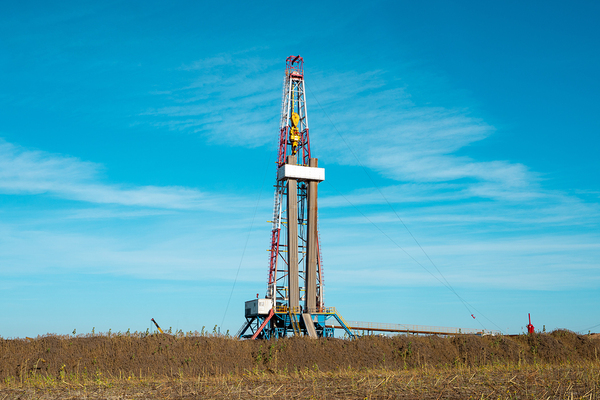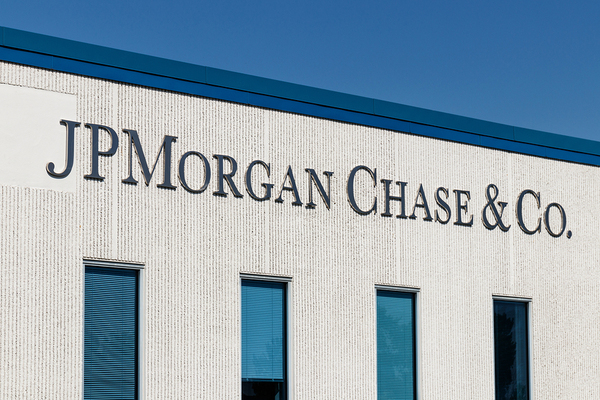View Sale Announcement Detail


Archived news
EXCERPT: Banks and credit unions are keeping a close eye on C&I loans as delinquencies and defaults increase, particularly in the energy sector. But once they become "criticized assets," these loans can still be sold into a robust loan-buying market to minimize the reporting of bad loans on financial institutions' balance sheets.
 Many shale companies in the US are not as productive as believed, putting them at risk for loan delinquencies.
Many shale companies in the US are not as productive as believed, putting them at risk for loan delinquencies.
The "fracking boom" that has occurred in the US over the past decade has led to a myriad of C&I loans in the energy sector. But many shale wells are not as productive as their lenders anticipated, prompting banks to question the fundamentals of the industry.
In turn, an increasing number of financial institutions are more closely scrutinizing these types of loan assets as delinquencies and defaults have recently been on the rise.
Many Wells Drilled, But Many Are Unproductive
"Fracking" - or hydraulic fracturing - is used across the globe as a means to extract gas and oil. Recently in the US, a 'fracking boom' has taken place, partly as a result of concerns regarding the costs of importing oil and other fossil fuels as well as having unhindered access to affordable energy sources.
The number of natural gas wells in the US nearly doubled from 2000 to 2010, according to the Department of Energy (DOE). And as many as 13,000 new wells are drilled on American soil every year. By the end of 2015, the US became the largest producer of natural gas in the world.
 Many banks like JPMorgan Chase are pulling back on their exposure to shale company loans in light of the weak production of shale wells.
Many banks like JPMorgan Chase are pulling back on their exposure to shale company loans in light of the weak production of shale wells.
But thousands of shale wells that were only recently drilled are pumping far less oil and gas than their owners promised investors. This has raised concerns about the profitability of the fracking boom that made the United States an oil powerhouse.
Banks Becoming More Stringent With Loan Requirements
Banks have now become increasingly stringent when it comes to eligibility for revolving credit lines, which smaller firms heavily depend on to carry out business, particularly when cash flow dips down from time to time. Financial institutions are also taking the time to closely scrutinize the value of shale reserves used to back loans.
Some banks, such as Capital One and JPMorgan, are also considering downsizing the number and size of loans to companies associated with shale reserves. The concern that their assets won't adequately cover the loans in the event of bankruptcy looms. Right now, banks have provided billions of dollars in reserve-backed loans to shale companies. JPMorgan, for instance, has approximately $44 billion in oil and gas loans, and Capital One has extended over $3 billion.
The tightening of lending standards among banks is putting pressure on companies associated with shale reserves. Chevron recently announced that it would be taking a charge of $10 to $11 billion, and Royal Dutch Shell said it would take a $2 billion charge, with many other similar companies doing much of the same.
Small and midsize shale companies are particularly feeling the heat, especially those with wells that are not producing the amount of oil and gas that was forecasted to investors and lenders. Many have already filed for bankruptcy. In 2019 alone, over 30 oil-company bankruptcies took place, and since 2015, 199 exploration and production companies folded.
Larger firms, on the other hand, may be strong enough to endure the situation thanks to their size and diverse asset portfolios. But for smaller companies, any tightening of criteria from their lenders could be the straw that breaks the camel's back.
Many banks are already writing off delinquent energy loans, with net charge-offs spiking. And investors are pulling back on shale companies as the level of production and profitability that was anticipated has not come to fruition.
Banks Encouraged to Sell Off Distressed Loan Assets
While loans made to shale companies may be weak, banks may still be able to save their loan portfolios by selling off these loans once they become "criticized assets." With the help of a seasoned loan sale advisor, banks can sell these loans into a strong loan-buying market and ultimately reduce the reporting of bad loans on their balance sheets. And Garnet Capital can help with that.
Sign up for our newsletter today.

